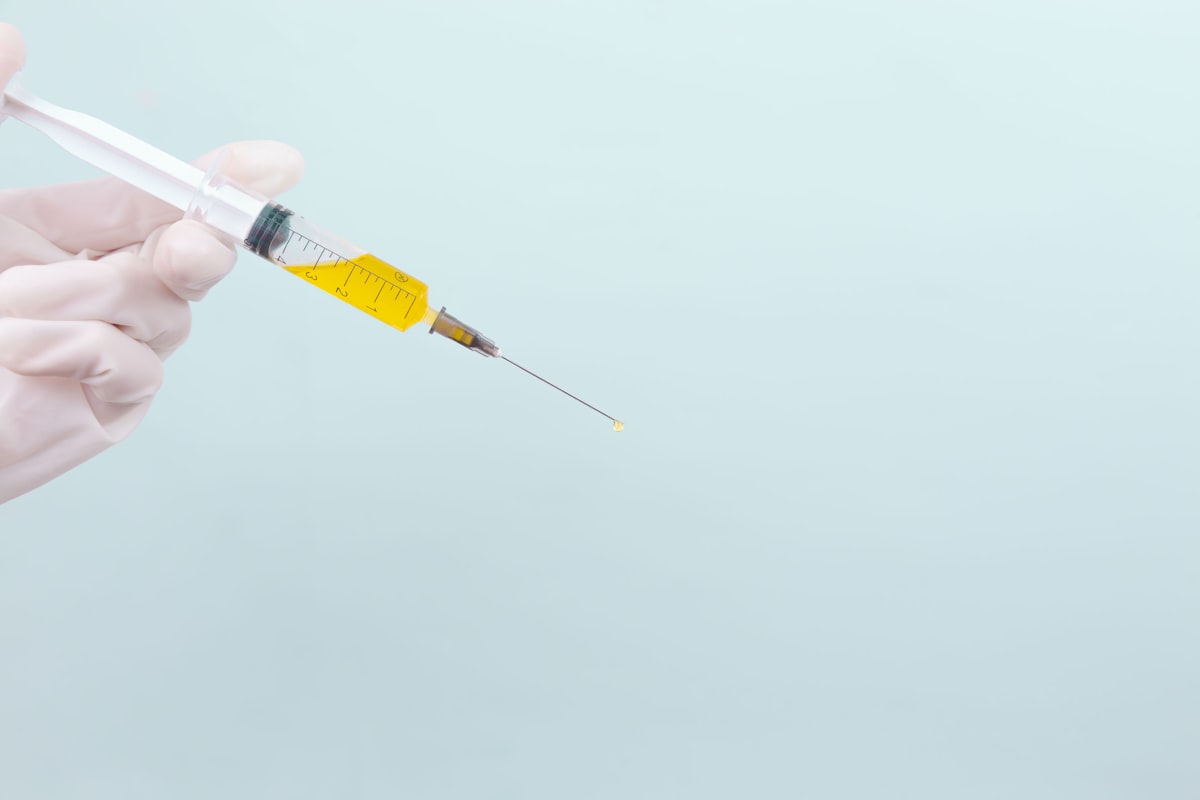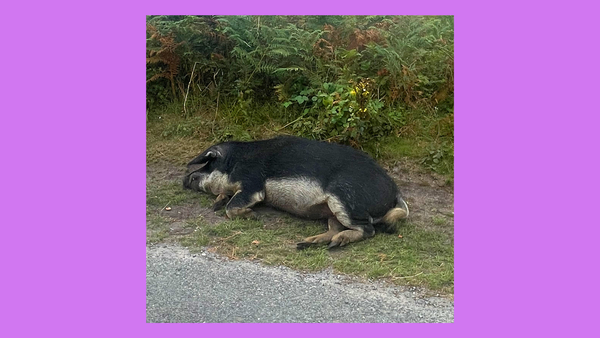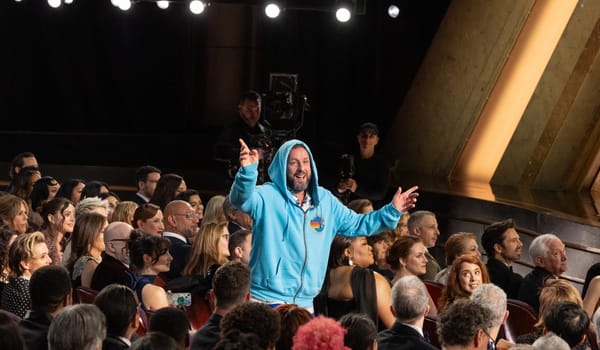Vaccine guinea pig
I got jabbed in the winter, but up until last week, I had no idea what was in the vial.

Unsurprisingly, the hot topics of conversation everywhere you turn are the COVID-19 vaccines. Pfizer! Moderna! Johnson and Johnson! Sputnik! Where do you get them? When can you get them? Is one better? What were your side effects? Folks are lining up outside pharmacies in an attempt to get a leftover dose after a long day of jabs. You cannot KEEP these vials on the freezer shelves, people!
I haven’t had too much to add to these conversations except to take them down a very different path. See, I got jabbed in the winter, but up until last week, I had no idea what was in the vial, because I’m in AstraZeneca’s vaccine trial. It’s a double-blind study, so neither myself nor anyone involved in giving me the shots knew if it was a real vaccine going into my left upper quadrant or a placebo.
I volunteered for the trial in late November. If I remember correctly, Pfizer was just starting to trickle out. All we were hearing in the media was how slow the rollout was going, and how, at this rate, it would take years to fully vaccinate the population. Even with Biden coming into office next January, the hope of the vaccine was tinged with some very real doubt. The AstraZeneca vaccine was supposed to be a big part of expanding vaccine access in the US—it was cheaper, easier to transport, and easier to store than the Pfizer vaccine. Signing up for a trial seemed like it would help push the vaccine along. Not that my goals were entirely selfless—obviously, I wanted the vaccine to protect myself and the people I came into contact with, and you get paid for the study in cold, hard cash.
After two screenings—one on the phone, and one in person at the trial site in the Upper East Side—I was accepted into the trial. I got my first shot of either the vaccine or saline solution on December 23rd. After a medical exam, I had to wait around for a few hours while the pharmacist, who was not on-site, mixed and packaged my dose. I got a Chipotle burrito while I waited for it to get delivered to the site, and then delivered into my shoulder.
The next morning, I felt fatigued and wasn’t particularly hungry, but by midday, I was back to normal. It was difficult to tell if there were real side effects of the vaccine or psychosomatic symptoms. After the second shot, I had no side effects at all. My girlfriend’s gut feeling was that I got the placebo. Then, a few weeks ago, she caught COVID. We got tests on the same morning—she tested positive, I tested negative. Over the next few days, she developed typical COVID symptoms, and I did not. While it was possible I had an asymptomatic case, or that I had a super-powered immune system, it was more likely that I probably had the vaccine.
When I joined the trial, there was no exit plan if another vaccine became available, or if AstraZeneca received FDA approval. At the time, they wanted you to stay in the study, blinded, until the study ended in two years, though technically you could leave the trial for any reason. My assumption at the time was that this would change over time. Sure enough, when I went to the trial site last month to get my blood drawn, I signed some paperwork to acknowledge the updated guidance: once an FDA-approved vaccine becomes available to you, you can make an appointment and ask to be unblinded. With that knowledge bestowed unto you, you could make a decision about whether or not you wanted to get the FDA-approved vaccine.
Since New York opened up vaccines to everyone 16 or older earlier this month, I went ahead and made an appointment, and last Friday, I got a text letting me know that I received the active AstraZeneca vaccine. Great news for me as someone who did not want to get COVID! Technically, since the AstraZeneca vaccine is not FDA-approved, I am not vaccinated in the eyes of the state. If I wanted to go to a concert or a wedding in New York, I’d have to get a negative COVID test or another vaccine to earn my Excelsior pass.
Right now, I'm not interested in another vaccine. While I obviously have a certain amount of tolerance for being a guinea pig, I'm not sure I want to be a two vaccines guinea pig quite yet. Plus, if AstraZeneca actually submits some data to the FDA—which the trial site has assured me is happening at the end of the month every time I’ve been in since January—and receives approval, I presume I’d retroactively become vaccinated in the eyes of the state.
In any case, the study is not over. I’ll be going to the trial site in June to give some more antibodies-rich blood.
You can still sign up for COVID-19 clinical studies if you'd like—the FDA-approved vaccines are still being studied to see how long effectiveness lasts, amongst other tests.




